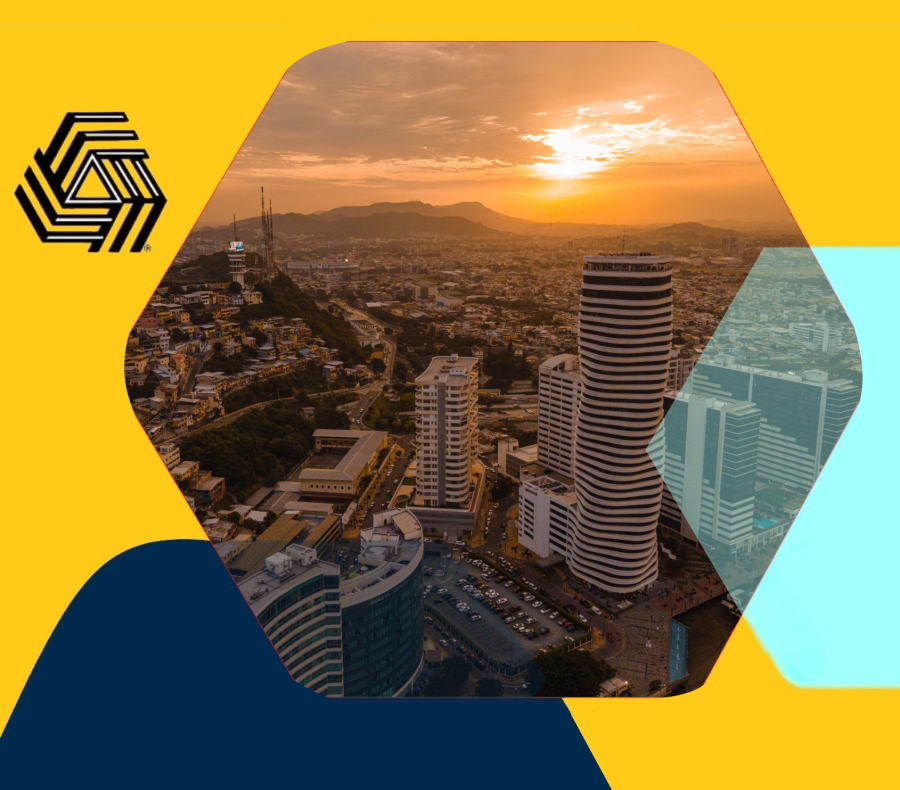[mwai_chatbot_v2 start_sentence=”Hello. Would you like to know more about living and working in Guayaquil?”]
Guayaquil is a vibrant city located in southwestern Ecuador. Here are some key facts about the region.
- Largest City: Guayaquil is the largest city in Ecuador, both in terms of population and economic significance. It serves as a major economic and commercial hub for the country.
- Strategic Location: Situated on the banks of the Guayas River, Guayaquil has a strategic location near the Pacific Ocean. It is an important port city and plays a crucial role in Ecuador’s trade and transportation sectors.
- Population and Diversity: Guayaquil is home to a diverse population, with people from different ethnic backgrounds and cultures. It has a population of over 2.7 million residents, making it the most populous city in Ecuador.
- Economic Importance: The city’s economy is primarily driven by industries such as commerce, manufacturing, services, and tourism. Guayaquil’s port is one of the busiest in South America, facilitating international trade and contributing significantly to the city’s economy.
- Landmarks and Attractions: Guayaquil offers several landmarks and attractions that attract both locals and tourists. The Malecón 2000 is a waterfront promenade featuring parks, restaurants, and shopping centers. The colorful neighborhood of Las Peñas is known for its picturesque houses and art galleries. Other notable attractions include Parque Seminario, known for its iguanas, and the Parque Histórico, a historical park showcasing Ecuador’s cultural heritage.
- Tropical Climate: Guayaquil experiences a tropical savanna climate, characterized by high temperatures and humidity throughout the year. The average annual temperature hovers around 27°C (81°F), making it a warm and humid city.
- Festivals and Celebrations: Guayaquil is renowned for its vibrant festivals and celebrations. The most famous event is the Guayaquil Independence Day, celebrated on October 9th, with colorful parades, music, and fireworks. Other notable celebrations include the Guayaquil Carnival and the Ecuadorian National Day.
- Cultural Heritage: Guayaquil has a rich cultural heritage that reflects the fusion of indigenous, Spanish, and Afro-Ecuadorian traditions. The city embraces its diverse roots, which is evident in its art, music, dance, and cuisine.
- Nature and Wildlife: While Guayaquil is an urban center, it is also surrounded by natural beauty. The nearby Galapagos Islands, known for their unique wildlife and Charles Darwin’s research, are a popular tourist destination. Additionally, the Manglares Churute Ecological Reserve, located near Guayaquil, is home to diverse ecosystems and wildlife.
- Infrastructure Development: Over the years, Guayaquil has witnessed significant infrastructure development, including the expansion of its airport, the construction of new highways, and the improvement of public transportation systems. These advancements have contributed to the city’s growth and improved connectivity.
These facts provide a glimpse into the dynamic city of Guayaquil, showcasing its cultural heritage, economic importance, and natural beauty. Research TESOL certification, jobs, and languages schools to travel and teach in Guayaquil



